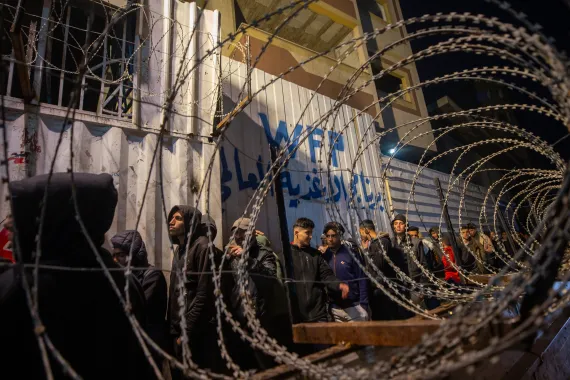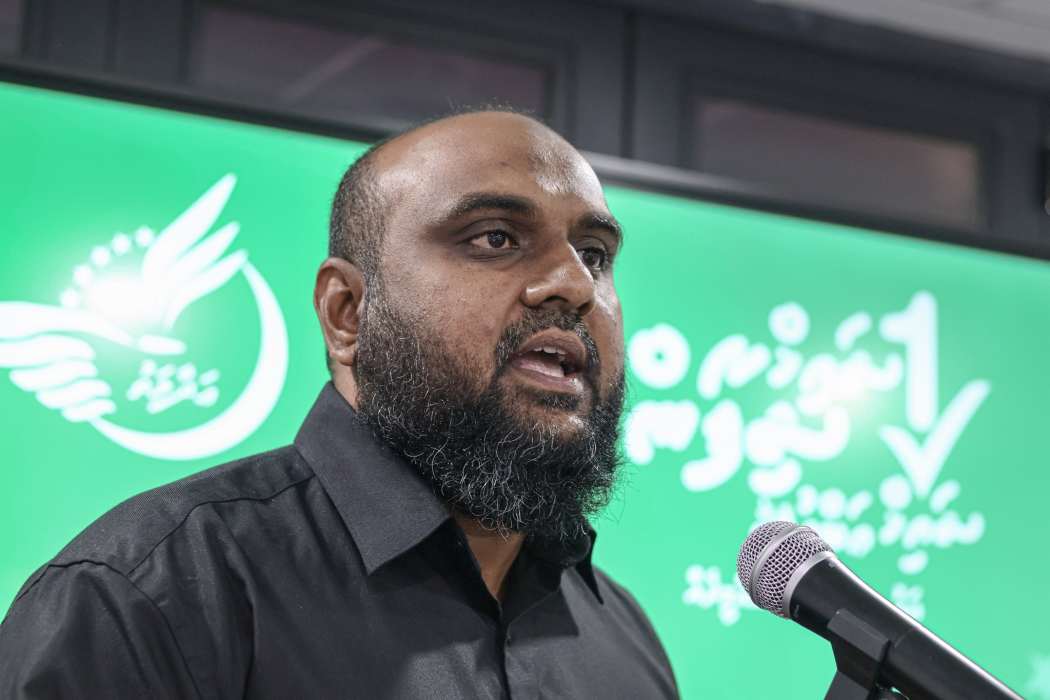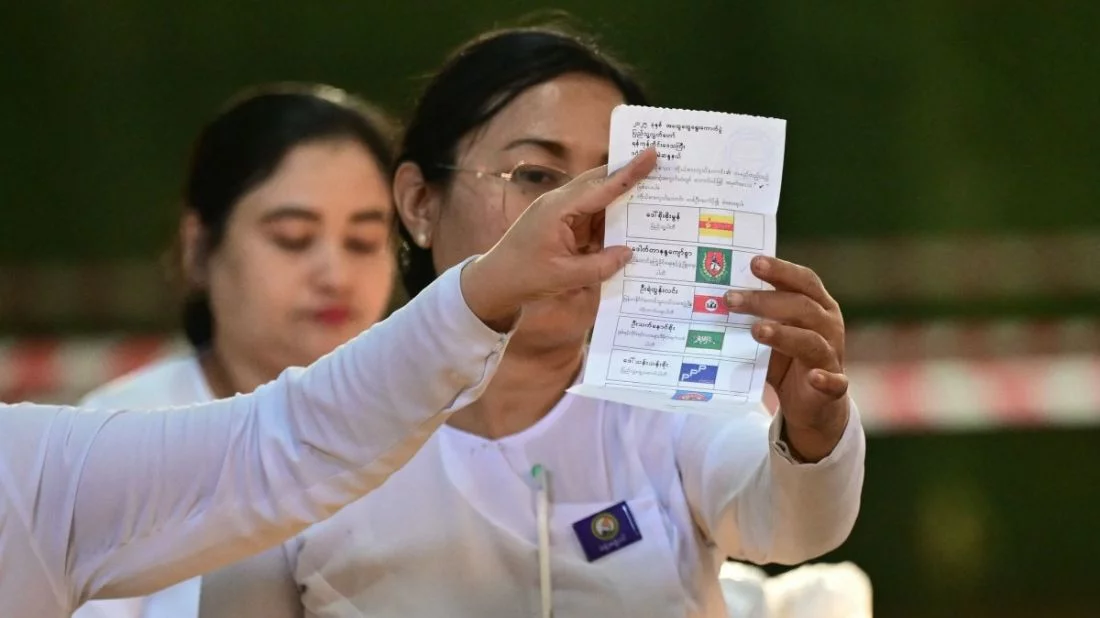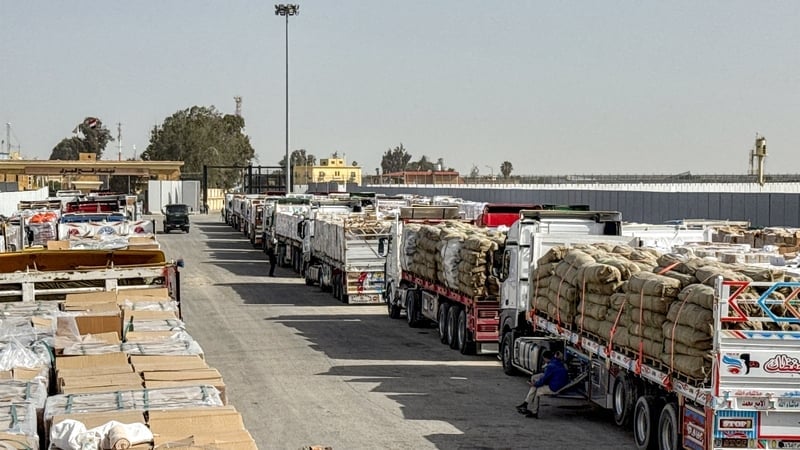Hamas is set to release three Israeli hostages on Saturday in exchange for 183 prisoners held by Israel, marking the fifth exchange under a fragile ceasefire in Gaza.
The office of Israeli Prime Minister Benjamin Netanyahu confirmed on Friday that it had received a list of hostages for release. Hamas named the three men to be freed as Eli Sharabi, Or Levy, and Ohad Ben Ami. Netanyahu's office confirmed these names.
This latest exchange occurs amid regional uproar over a controversial proposal by U.S. President Donald Trump to clear out the Gaza Strip and bring it under U.S. control. Trump's comments have sparked widespread criticism across the Middle East and beyond.
Former hostage Yarden Bibas, who was freed last week by Hamas militants, made an emotional plea to Netanyahu on Friday. "Prime Minister Netanyahu, bring my family back, bring my friends back, bring everyone home," Bibas urged, referring to his wife Shiri and his two sons, Ariel and Kfir, who are still missing. Hamas previously claimed they were deceased, but Israel has not confirmed their deaths.
Netanyahu, currently in Washington, will oversee the hostages' release from the control center of the Israeli delegation, according to a statement from his office.
The Hostage and Missing Families Forum called on the Israeli government to maintain the ceasefire, urging, "Now is the time to ensure the agreement is completed – until the very last one."
Since the start of the ceasefire, Israel and Hamas have completed four prisoner swaps. Palestinian militants have released 18 hostages in exchange for approximately 600 Palestinian prisoners.
The ceasefire, brokered by Qatar, Egypt, and the United States, aims to secure the release of 33 hostages during its initial 42-day phase. Negotiations for the second stage, which seeks to secure additional releases and establish a permanent end to the conflict, are expected to begin on Monday.
The conflict, which began on October 7, 2023, following Hamas's unprecedented attack on Israel, has left deep scars. During the attack, 251 hostages were taken to Gaza, with 76 still in captivity, including 34 presumed dead, according to the Israeli military.
Israel's retaliation has resulted in the deaths of at least 47,583 people in Gaza, the majority of them civilians, according to Gaza's Hamas-run health ministry. The United Nations has deemed these figures credible.
As the exchange unfolds, all eyes are on the fragile ceasefire and the hope that it could lead to lasting peace in the region.
The office of Israeli Prime Minister Benjamin Netanyahu confirmed on Friday that it had received a list of hostages for release. Hamas named the three men to be freed as Eli Sharabi, Or Levy, and Ohad Ben Ami. Netanyahu's office confirmed these names.
This latest exchange occurs amid regional uproar over a controversial proposal by U.S. President Donald Trump to clear out the Gaza Strip and bring it under U.S. control. Trump's comments have sparked widespread criticism across the Middle East and beyond.
Former hostage Yarden Bibas, who was freed last week by Hamas militants, made an emotional plea to Netanyahu on Friday. "Prime Minister Netanyahu, bring my family back, bring my friends back, bring everyone home," Bibas urged, referring to his wife Shiri and his two sons, Ariel and Kfir, who are still missing. Hamas previously claimed they were deceased, but Israel has not confirmed their deaths.
Netanyahu, currently in Washington, will oversee the hostages' release from the control center of the Israeli delegation, according to a statement from his office.
The Hostage and Missing Families Forum called on the Israeli government to maintain the ceasefire, urging, "Now is the time to ensure the agreement is completed – until the very last one."
Since the start of the ceasefire, Israel and Hamas have completed four prisoner swaps. Palestinian militants have released 18 hostages in exchange for approximately 600 Palestinian prisoners.
The ceasefire, brokered by Qatar, Egypt, and the United States, aims to secure the release of 33 hostages during its initial 42-day phase. Negotiations for the second stage, which seeks to secure additional releases and establish a permanent end to the conflict, are expected to begin on Monday.
The conflict, which began on October 7, 2023, following Hamas's unprecedented attack on Israel, has left deep scars. During the attack, 251 hostages were taken to Gaza, with 76 still in captivity, including 34 presumed dead, according to the Israeli military.
Israel's retaliation has resulted in the deaths of at least 47,583 people in Gaza, the majority of them civilians, according to Gaza's Hamas-run health ministry. The United Nations has deemed these figures credible.
As the exchange unfolds, all eyes are on the fragile ceasefire and the hope that it could lead to lasting peace in the region.















